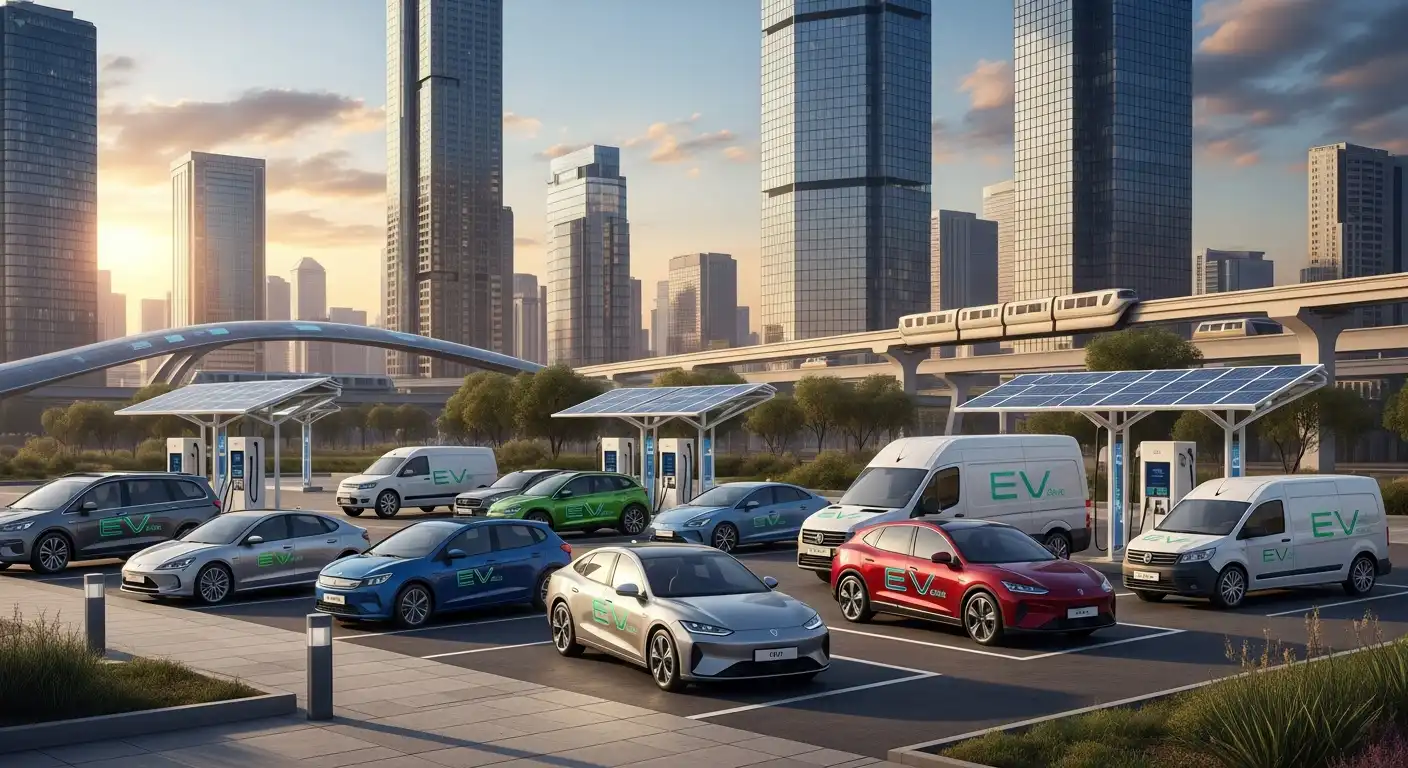Key Points:
- Electric vehicles (EVs) are experiencing significant advancements in battery technology, leading to longer ranges and faster charging times.
- Hydrogen fuel cell vehicles (FCVs) are emerging as an alternative to traditional gasoline-powered cars, with zero emissions and the potential for rapid refueling.
- Commercial transportation is adopting ZEVs, including electric buses, trucks, and delivery vans, to reduce emissions and operating costs.
- Governments are implementing emissions regulations and incentives to accelerate ZEV adoption, driving investment and innovation in the industry.
In recent years, the automotive industry has witnessed a significant shift towards sustainability, with a growing emphasis on zero-emission vehicles (ZEVs) to combat climate change and reduce reliance on fossil fuels. As technological advancements continue to drive innovation in this sector, the future of transportation looks increasingly promising for environmentally conscious consumers.
One of the most notable developments in ZEV technology is the rapid evolution of electric vehicles (EVs). With improvements in battery technology, EVs now offer longer ranges and faster charging times, addressing concerns about range anxiety and infrastructure limitations. Companies like Tesla, Nissan, and Chevrolet have been at the forefront of this revolution, introducing models with impressive performance and affordability.
Moreover, hydrogen fuel cell vehicles (FCVs) have emerged as another promising alternative to traditional gasoline-powered cars. FCVs use hydrogen gas to generate electricity, emitting only water vapor as a byproduct. While infrastructure challenges persist, with a limited number of hydrogen refueling stations compared to electric charging stations, investments in hydrogen infrastructure are expected to accelerate in the coming years, particularly in regions prioritizing clean energy solutions.
In addition to passenger vehicles, advancements in Zero-Emission Vehicle technology are also reshaping the commercial transportation sector. Electric buses, trucks, and delivery vans are becoming increasingly common on roads worldwide, offering reduced emissions and lower operating costs for fleet operators. Companies like Rivian, BYD, and Proterra are leading the way in developing electric commercial vehicles tailored to the needs of businesses and municipalities.
Furthermore, autonomous Zero-Emission Vehicles are poised to revolutionize the transportation landscape, offering enhanced safety, efficiency, and convenience. Self-driving electric taxis and shuttles are being piloted in cities around the globe, showcasing the potential for a future where mobility is both sustainable and accessible to all.
As governments and regulatory bodies implement stricter emissions standards and offer incentives to promote ZEV adoption, manufacturers are ramping up production and investing heavily in research and development. Environmental concerns and economic opportunities drive the push toward electrification as the global market for Zero-Emission Vehicles continues to expand.





